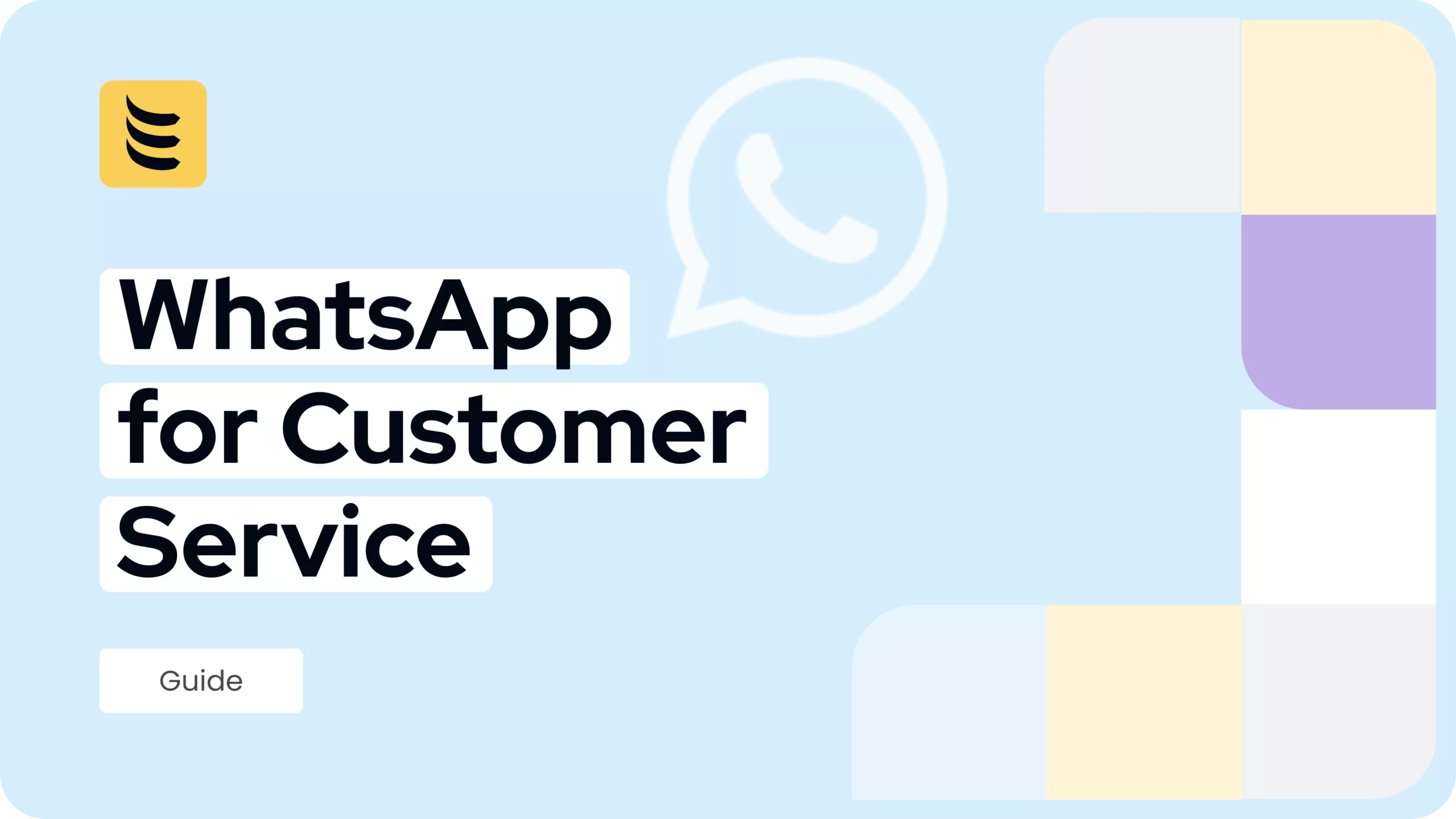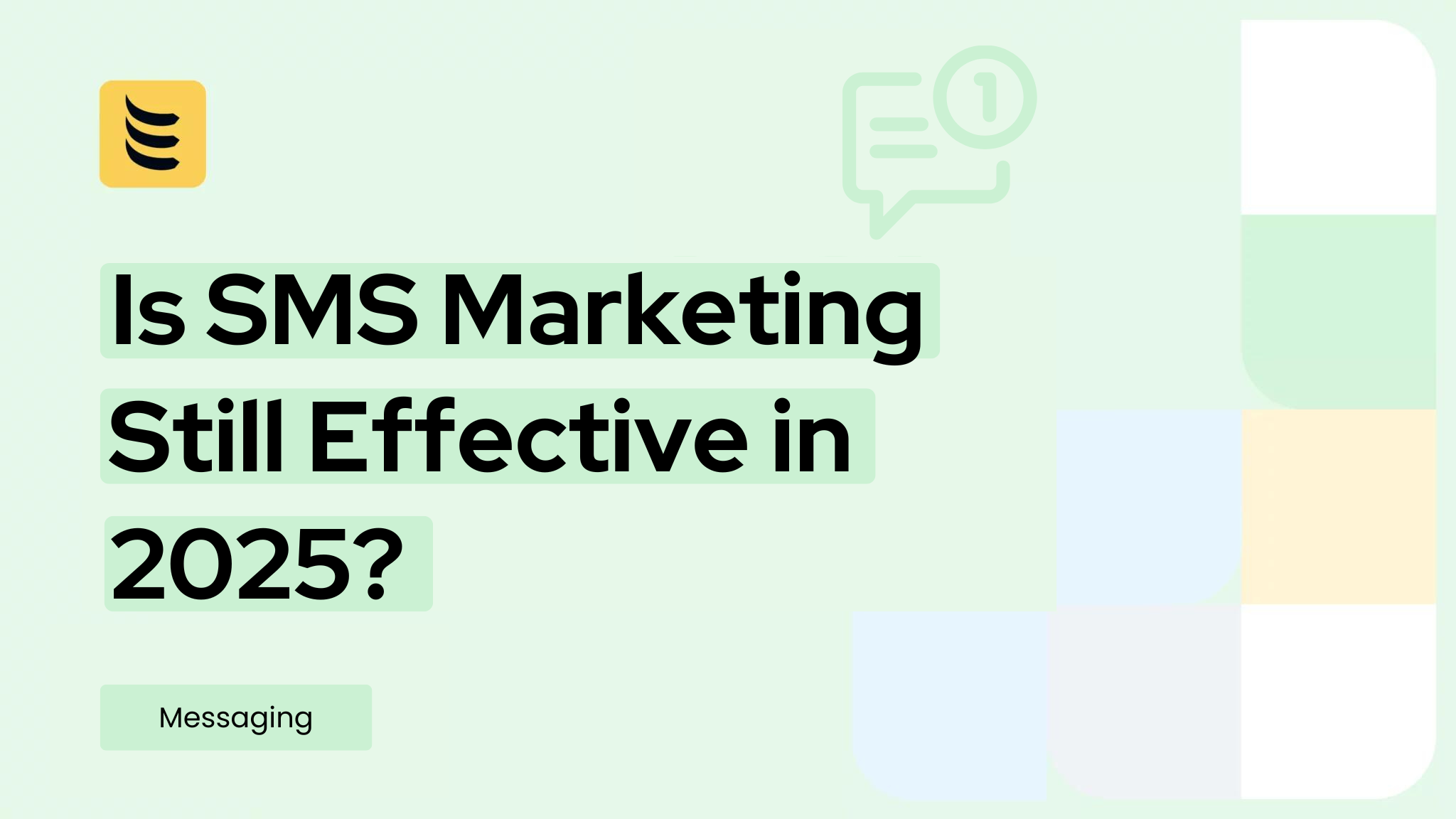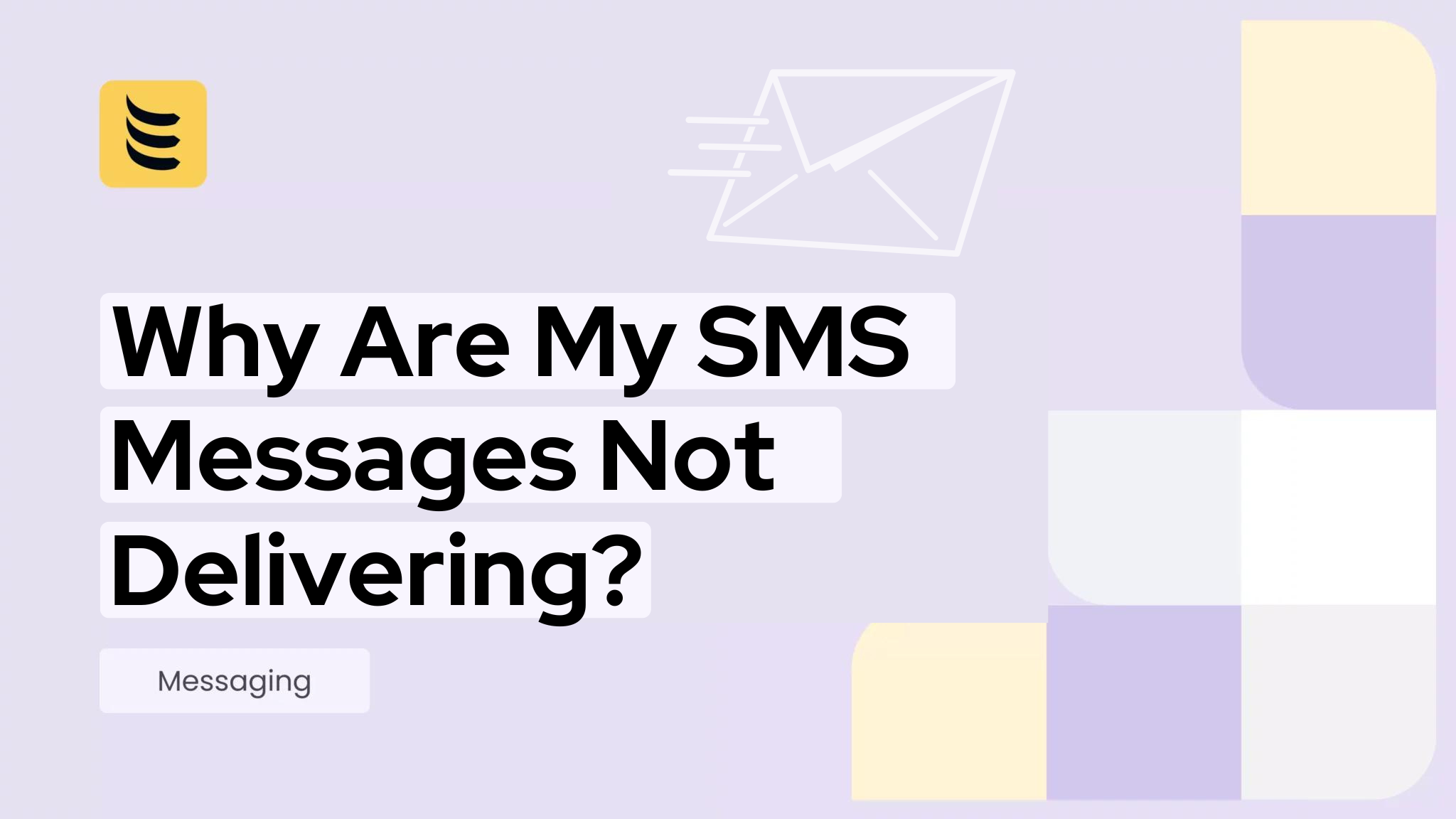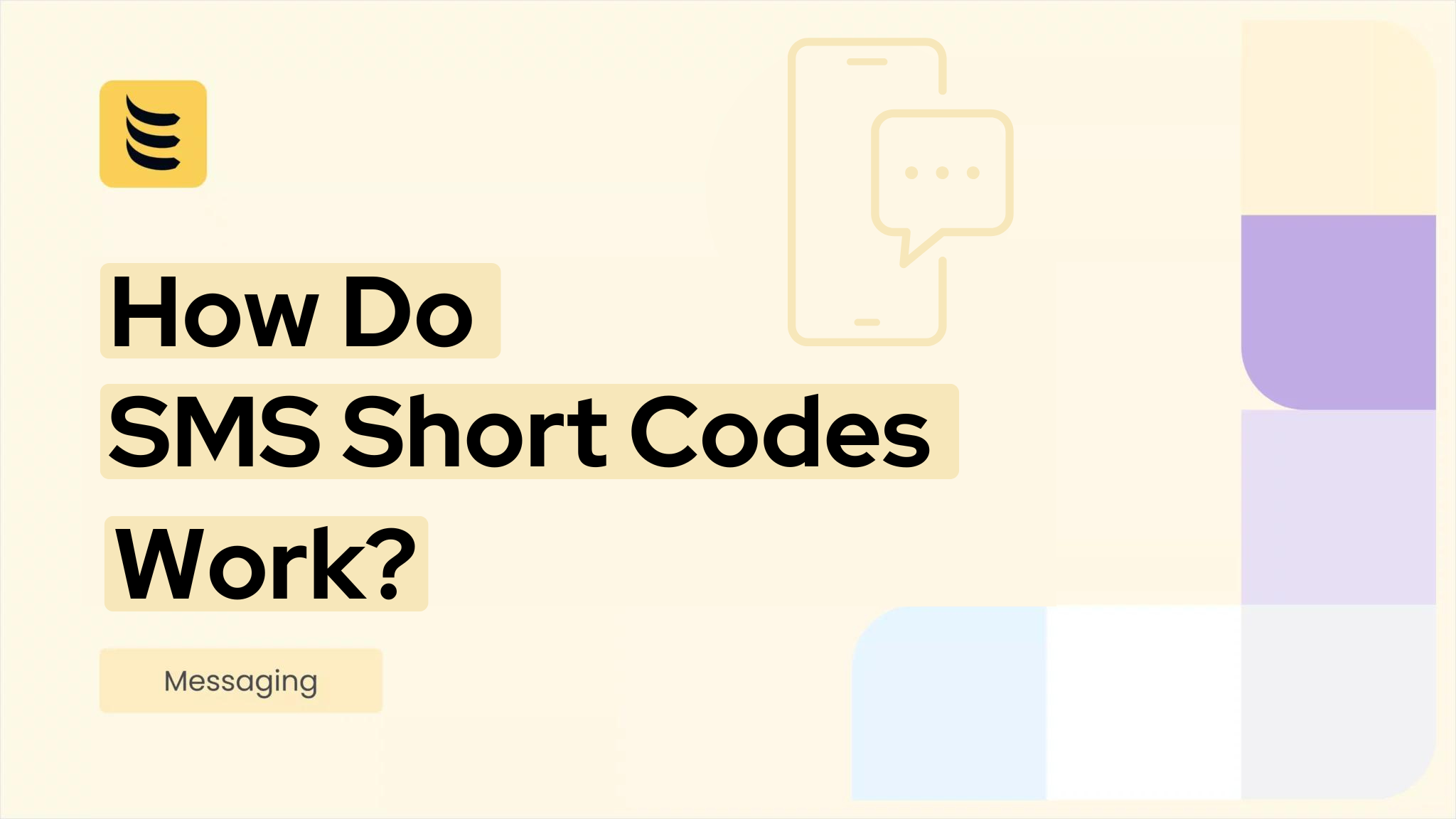Why WhatsApp is a Great Avenue for Customer Support
As the world’s third most popular social media platform (behind Facebook and YouTube), WhatsApp boasts a user base of some two billion people, spread across 180 countries. This represents an enormous potential amount of consumers for any organization wishing to use the WhatsApp messaging platform as a vehicle for brand promotion, customer engagement, and/or service delivery.
For commercial organizations, WhatsApp presents serious advantages when it comes to customer outreach. According to Hootsuite’s Global State of Digital 2022 report, 80% of adults say that messaging is an easy way to communicate with businesses. What’s more, 175 million people message a business on WhatsApp every day. Significantly, people like and trust WhatsApp more than other popular messaging apps. In fact, WhatsApp is the favorite social platform among internet users aged 16 to 64.
Consumers in the digital economy expect easy access to information and delivery of the products and services they require, and a rapid response to any questions or problems they may have. They also expect brands to go the extra mile in providing these things, with courteous, prompt, and personalized attention.
Messaging apps like WhatsApp allow for quick replies, due to features like automatic messaging. With WhatsApp Business, organizations can instantly communicate information about their product and service offerings, and keep customers updated on the status of their orders or the resolution of their issues. With end-to-end encryption of all transmissions, WhatsApp also assures consumers of secure communications, in an era when customers are particularly sensitive to matters of data privacy.
Form succesfully sent ;)
Key Features That Make WhatsApp Ideal for Customer Service
WhatsApp has become a go-to platform for businesses looking to provide seamless customer support. With its high engagement rates, real-time messaging, and automation capabilities, it offers a powerful way to connect with customers. Below are the key features that make WhatsApp an ideal choice for customer service.
WhatsApp Business API vs. WhatsApp Business App
WhatsApp offers two solutions for businesses:
- WhatsApp Business App: Best suited for small businesses, this free app allows companies to interact with customers, set up quick replies, and manage basic customer inquiries. However, it has limitations in automation, scalability, and multi-agent support.
- WhatsApp Business API: Designed for medium to large businesses, the API enables advanced automation, integration with CRM/helpdesk software, and support for multiple agents handling customer interactions. It also allows businesses to send notifications, order updates, and transactional messages.
For businesses handling a high volume of customer queries, the WhatsApp Business API is the recommended solution due to its scalability and automation capabilities.
Automated Responses and Chatbots
Automation is a game-changer for customer service. With WhatsApp, businesses can:
- Set up quick replies for frequently asked questions.
- Use chatbots to handle common queries, freeing up human agents for more complex issues.
- Implement auto-replies to acknowledge messages outside business hours.
- Enable interactive messages with buttons and lists, making it easy for customers to select options without typing.
By integrating WhatsApp with AI-powered chatbots, businesses can provide 24/7 support while ensuring a smooth customer experience.
Multimedia Messaging (Images, Voice Notes, PDFs)
WhatsApp supports rich media, allowing businesses to enhance their customer service interactions with:
- Images for product demonstrations, order confirmations, or troubleshooting.
- Voice notes for quick explanations or personalized assistance.
- PDFs for invoices, brochures, contracts, or user manuals.
This feature helps businesses provide clear, detailed, and engaging responses, improving customer satisfaction and reducing back-and-forth communication.
Read Receipts and Message Tracking
WhatsApp’s built-in message tracking system ensures transparency and efficiency in customer support:
- Single gray tick: Message sent.
- Double gray ticks: Message delivered.
- Double blue ticks: Message read by the recipient.
For businesses using the WhatsApp Business API, additional tracking features are available, including:
- Delivery and read reports to measure engagement.
- Agent performance tracking to monitor response times and resolution efficiency.
- Customer insights to analyze messaging patterns and optimize service.
By leveraging these features, businesses can improve response times, enhance customer interactions, and streamline their support operations.
Benefits of Using WhatsApp for Customer Service Delivery
For the enterprise, using WhatsApp as a vehicle for customer service delivery brings several advantages. They include:
A Quick and Responsive Communications Medium
WhatsApp helps businesses conduct immediate, personalized and two-way conversations with customers, through a trusted platform that they habitually use. Exchanges can take place in real time, or be delayed at the customer’s own convenience. WhatsApp retains conversation histories, so that customers can pick up where they left off, and service agents can instantly refer to an existing conversation stream, to know exactly what has or has not been resolved for their client.
Reduced Costs
The WhatsApp platform requires little in the way of physical infrastructure, compared to customer service channels like call centers. The immediacy and popular appeal of WhatsApp messaging also ensures higher open rates than email (typically around 98%, as opposed to 24% for email). This means that action on WhatsApp messages can occur much faster, potentially avoiding expensive problems that could cost the enterprise in both customer dissatisfaction and direct expenditure.
Multi-Agent Support
Customer support cases can benefit from the input and expertise of multiple agents. For example, WhatsApp Business Premium lets you have up to ten devices connected to a single account. It also lets you assign conversations to specific agents, and monitor their activity. These agents don’t have to follow templates while resolving queries, providing greater scope for independent ideas, innovative solutions, and more personalized conversations with the customer.
Improved Internal Communications
As well as an outreach tool, you can use WhatsApp to enable your own staff to keep in touch with each other. With WhatsApp Business you can create distinctive groups (for example, assigned to each business unit), and promote greater collaboration between your employees.
Fail-Safe Options
WhatsApp Business allows you to reach your customers using SMS text messaging as a fail-safe. So if for example a customer’s handset doesn’t accept WhatsApp messages, you can count on an SMS platform like IDT to ensure that messages are always delivered.
Business Analytics
WhatsApp Business provides powerful analytics tools and metrics to boost campaign performance, and to help you better understand and engage with your customers. You can use these to keep an eye on customer responses, issue resolution rates, tracked deliveries, customer satisfaction (CSat), and your Return On Investment (ROI).
Best Ways to Use WhatsApp for Customer Service
There are a number of ways that you can leverage WhatsApp messaging to provide excellent customer service. They include the following:
Create an Accessible Business Profile
Set up a descriptive business profile that tells customers who you are, what you do, and how you make yourself available to them. This should include data like your company name, location, website, and business hours. You can also use the WhatsApp platform to highlight the products and services that you offer, share status updates, and answer common questions.
Let Customers Know How to Find You on WhatsApp
You should make sure that your WhatsApp number is prominent and readily available on your website, social media channels, and email signatures, so that your customers can easily reach out to you. For example, you could include your WhatsApp number in the Contact Us section of your site, or add a chat button to let customers instantly initiate a communication.
You can even provide your WhatsApp contact information on offline media. For instance, putting a QR code on packaging and promotional material can enable customers to access your WhatsApp platform by scanning with their smartphones.
Use Status Updates
You can use WhatsApp status updates to inform customers about the exact condition of their order, its expected time of arrival, or other key information such as appointment bookings. You can take advantage of the higher opening rate of WhatsApp messages to confirm each new order, rather than relying on email for this.
You can also use WhatsApp messaging to provide customers with real-time information to increase their engagement with your brand, such as discounts on a particular product or service, or the availability of items that were previously out of stock.
Keep Customers Informed with Notifications
API stands for Application Programming Interface, which is a set of protocols and tools that enables software applications to send and receive text messages programmatically. With the WhatsApp Business API, you can send notifications and reminders to customers and enhance their experience with your brand.
For example, you can set WhatsApp notifications to send billing invoices or payment requests. Other notifications might include appointment reminders, the announcement of events (such as webinars or the release of instructional videos), and reporting on the delivery status of an order.
Centralize Essential Information
WhatsApp empowers consumers to seek out information and resources for themselves, So it’s a good idea to centralize the data and resources that your customers need, for easy access.
At one level, you can do this by providing a Frequently Asked Questions (FAQ) resource, knowledge base, or access to tutorials or “how to” guides.
If your organization deals with customer bookings, you can centralize this information as well. For example, KLM Royal Dutch Airlines sends all booking details to its customer’s WhatsApp number, and also sends electronic or e-boarding passes and other assets to make the travel experience more convenient and pleasurable for passengers.
Highlight Your Products and Services
You can use WhatsApp Business to create a catalog of your product and service portfolio. The platform offers a number of rich media options (audio, images, video, etc.) to assist in making this catalog more engaging to consumers.
Note that creating a catalog can have important implications for customer service. The presence of a product catalog can help provide context for customer questions about specific offerings. Sharing your product catalog or links to specific products is also a good way to assist customers looking for product recommendations..
Make Effective Use of Automation
WhatsApp templates or Highly Structured Messages are a type of message that businesses can use to send out notifications, customer satisfaction surveys, and other frequent communications. This approach can save your support agents a lot of time and effort.
With the WhatsApp Business Platform, you can create and deploy chatbots that address various customer concerns. Using conversational technology and your established database of solutions, these can reduce your dependence on agents. This approach can give your customer support team more time to work on requests that require a more human touch.
Scale Your Communications
With WhatsApp Business, you can group your message recipients to provide more targeted communications to specific types of consumers – for example, similar demographics or interest groups.
Invite Customer Feedback
Since WhatsApp is essentially a conversational platform, this makes it an ideal tool for getting feedback from your customers, and gauging their mood. You can make a direct request for comments, performance assessments, and reviews, or include a feedback option as part of your chatbots.
The results of this feedback will enable you to better monitor your progress, and the success or otherwise of your customer service delivery.
Additional Best Practices
To deliver exceptional customer service on WhatsApp, businesses should follow these best practices:
1. Response Time Expectations
Customers expect fast replies on WhatsApp. Businesses should:
- Aim to respond within a few minutes for urgent queries.
- Use automated greetings and acknowledgment messages to set expectations.
- Leverage chatbots for instant responses to common inquiries.
- Implement a tiered support system, where urgent cases get prioritized.
For businesses using WhatsApp Business API, 24-hour customer care windows apply, meaning responses should be sent within a day to keep conversations active.
2. Personalization and Proactive Messaging
Customers appreciate personalized interactions. Businesses can enhance engagement by:
- Addressing customers by name and referencing previous conversations.
- Sending proactive messages such as order updates, appointment reminders, and follow-ups.
- Using rich media (images, videos, PDFs) to provide better explanations and troubleshooting assistance.
- Offering tailored promotions and recommendations based on past interactions.
3. Balancing Automation and Human Support
While automation improves efficiency, human agents are essential for handling complex queries. To strike the right balance:
- Use chatbots for FAQs but allow customers to escalate to a human agent when needed.
- Ensure seamless handoffs between bots and human agents for a smooth experience.
- Train support teams to handle WhatsApp conversations professionally and efficiently.
- Use analytics to measure chatbot performance and refine automation strategies.
By combining automation with human expertise, businesses can deliver efficient, personalized, and high-quality customer service on WhatsApp.
Industry Use Cases: How Businesses Use WhatsApp for Support
WhatsApp has become a powerful customer service tool across various industries, helping businesses provide real-time support, automate responses, and improve customer engagement. Here’s how different industries leverage WhatsApp for customer service:
1. Retail & eCommerce
WhatsApp enhances the online shopping experience by providing instant customer support and seamless post-purchase communication.
🔹 Order Updates & Tracking – Businesses send real-time order confirmations, shipping updates, and delivery notifications.
🔹 Personalized Shopping Assistance – Customers can chat with support agents or AI-powered chatbots for product recommendations.
🔹 Seamless Returns & Refunds – WhatsApp simplifies return requests by allowing customers to share order details and images directly in chat.
🔹 Click-to-Chat for Sales – WhatsApp enables customers to inquire about products, promotions, or availability before making a purchase.
✅ Example: A fashion brand uses WhatsApp to send order confirmations, offer styling suggestions, and handle return requests in a hassle-free manner.
2. Travel & Hospitality
From booking confirmations to real-time travel assistance, WhatsApp helps the travel industry provide seamless customer experiences.
🔹 Instant Booking Confirmations – Travelers receive booking details, itineraries, and e-tickets via WhatsApp.
🔹 24/7 Customer Support – Airlines and hotels offer real-time assistance for flight changes, cancellations, and hotel inquiries.
🔹 Personalized Travel Recommendations – Travel agencies use WhatsApp to suggest travel packages based on customer preferences.
🔹 Automated Check-in & Boarding Updates – Airlines notify passengers about check-in availability, gate changes, and flight status.
✅ Example: A hotel chain allows guests to request room service, book spa appointments, and ask for local travel tips—all via WhatsApp.
3. Healthcare & Telemedicine
WhatsApp is transforming patient communication by enabling secure and efficient healthcare interactions.
🔹 Appointment Scheduling & Reminders – Patients receive automated appointment confirmations and reminders.
🔹 Teleconsultations & Follow-ups – Doctors conduct video consultations or share test results via WhatsApp (where privacy regulations allow).
🔹 Prescription & Medication Reminders – Pharmacies send prescription refills and dosage reminders directly to patients.
🔹 Patient Support & FAQs – Chatbots handle common health inquiries, reducing the load on medical staff.
✅ Example: A telemedicine provider offers virtual consultations and sends prescription updates to patients through WhatsApp.
4. Banking & Financial Services
Banks and financial institutions use WhatsApp to enhance customer support and improve security.
🔹 Account Notifications & Transaction Alerts – Customers receive real-time updates about account activity, deposits, and withdrawals.
🔹 Secure Customer Verification – WhatsApp enables two-factor authentication (2FA) and secure OTP verification for transactions.
🔹 Loan & Credit Card Assistance – Banks use chatbots and human agents to assist customers with loan applications and credit card inquiries.
🔹 Fraud Prevention & Dispute Resolution – Customers can report suspicious activity and receive instant fraud alerts via WhatsApp.
✅ Example: A bank integrates WhatsApp to send balance updates, notify customers of unusual account activity, and allow users to request a call from an agent.
Extend the Functionality of Your WhatsApp Platform
To gain a fuller understanding of your customers – and to enable them to contact you via any of the channels they use to interact with brands – you should integrate WhatsApp with your Customer Relationship Management (CRM) system and other messaging and customer support channels.
For example, with the IDT Express SMS API, you can seamlessly build customer journeys by fostering interactive conversations, all within the framework of your app. The IDT Express SMS API has a user-friendly wizard-driven code generation process that is fast and effortless to utilize. In just minutes, you can enhance your sales and foster customer loyalty by leveraging impactful SMS advertising targeted at your customer base. Quickly send SMS polls, surveys and request customer feedback with two-way messaging, and create highly personalized SMS notifications that cater to any use case with unmatched flexibility.
To learn more about how the IDT Express SMS API can enhance your customer service efforts, book a demo.




